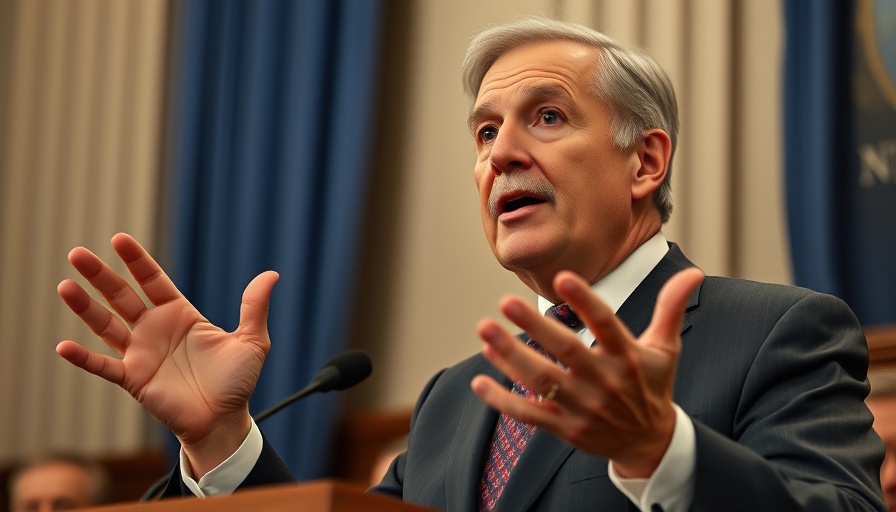
Understanding the Autism Spectrum: A Growing Concern
In a recent press conference, Health and Human Services Secretary Robert F. Kennedy Jr. stirred debate by discussing autism statistics and their social implications. Highlighting a CDC report that indicates a troubling increase in autism prevalence—now affecting 1 in 31 eight-year-olds—he claimed that autism is a significant societal crisis, stating that it 'destroys families' and imposes severe limitations on many individuals. While Kennedy aimed to draw attention to the urgent needs of those affected, his portrayal has been criticized as exaggerated and misleading.
Prominent Voices Speak Out
Kennedy's assertion that 'most cases now are severe,' which includes claims that a notable percentage of autistic children cannot function in daily life, faced backlash from experts and advocates alike. Notably, David Mandell, a renowned psychiatry professor, has argued that Kennedy's views reflect a narrow perspective. Studies indicate that while some individuals on the spectrum do have profound challenges, a significant portion can lead fulfilling lives and engage in society.
The Real Statistics
Research from credible organizations suggests that about 25% of the autism spectrum population may face severe challenges. However, this figure can often be misinterpreted. Many individuals diagnosed with autism display diverse and varying capabilities. For instance, despite Kennedy mentioning nonverbal cases and limitations in daily living skills, many autistic individuals thrive in environments that recognize their unique strengths and provide adequate support.
Broader Implications for Autism Awareness
The ongoing national conversation about autism must balance the need for increased awareness of supporting individuals with autism while reframing the narrative to reduce stigma. Kennedy’s intentions may lean toward advocating for enhanced research into environmental factors contributing to autism, but the need for a nuanced discussion within the autism community cannot be overstated. Engaging with families and professionals who work closely with autism can cultivate a more accurate and informed understanding of the spectrum.
 Add Row
Add Row  Add
Add 




 Add Row
Add Row  Add
Add 



Write A Comment